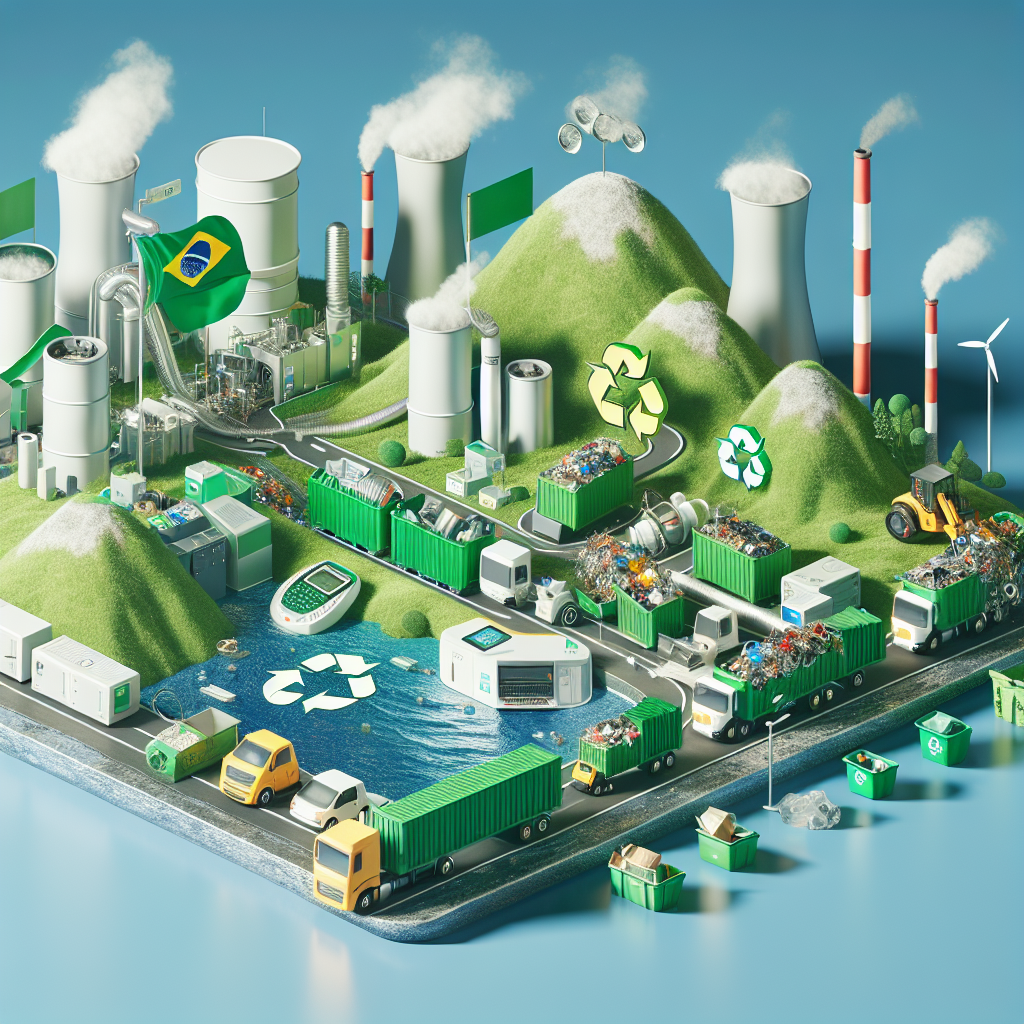Blog Ecobraz Eigre

How Brazil can lead COP30 with the world's largest electronics recycling project
Brazil is in a strategic position to lead COP30 by implementing the world's largest electronic recycling project. This initiative could turn the country into a global example of sustainability, creating a positive impact on the environment, a circular economy and job creation.
The current scenario of electronic waste in Brazil
The accelerated growth of technology has generated a significant increase in the volume of electronic waste, known as e-waste. In Brazil, annual production exceeds 2 million tons, but only a small fraction is properly recycled. Most of it ends up in landfills or improperly disposed of, causing severe environmental damage, such as soil and water contamination through the leakage of heavy metals and toxic substances.
Why can Brazil be a world leader in electronic recycling?
Brazil has fundamental characteristics that make it prime to lead a revolution in electronic recycling: a vast technological base, an engaged population and strategic natural resources. In addition, the growing interest in sustainability and the circular economy strengthens initiatives that encourage the collection, reuse and recycling of electronic waste.
The world's largest e-recycling project: vision and impact
Designing and implementing the largest e-recycling project on the planet involves creating an integrated network for the efficient collection, sorting and reuse of electronic waste. This network must encompass schools, community centers, industry, commerce and government, promoting environmental education and encouraging the active participation of the population.
The project also needs to invest in technological advances, such as automation in the separation of components, clean technologies for the processing and reuse of rare minerals, as well as ensuring effective reverse logistics.
The expected impact is enormous: a reduction in the volume of waste destined for landfills, a reduction in mineral extraction, the generation of green jobs, a stimulus to innovation and the creation of a sustainable economy tailored to contemporary environmental needs.
How can this leadership strengthen Brazil's presence at COP30?
By presenting a robust and innovative electronics recycling project at COP30, Brazil is demonstrating a real commitment to global emissions reduction and sustainability goals. This action reinforces its international image as a protagonist in the fight against climate change and promotes strategic partnerships with other countries and international organizations.
In addition, the initiative serves as a replicable example for other nations, enabling Brazil to lead innovative global discussions on the circular economy and efficient environmental management.
Challenges and solutions for the success of the project
Among the main challenges are raising public awareness, creating adequate infrastructure, sustainable financing and effective regulation to guarantee the correct disposal of waste.
To overcome them, multidisciplinary collaboration between public sectors, social initiative, academia and technology is essential. Educational programs, tax incentives and robust public policies are key to the success of the initiative.
Conclusion
Brazil has the unique opportunity to take the lead at COP30 by consolidating the world's largest electronics recycling project. This movement not only promotes environmental sustainability, but also contributes to the country's social and economic development, aligning with global challenges and generating lasting positive impacts.

Deixe um comentário
O seu endereço de e-mail não será publicado. Campos obrigatórios são marcados com *